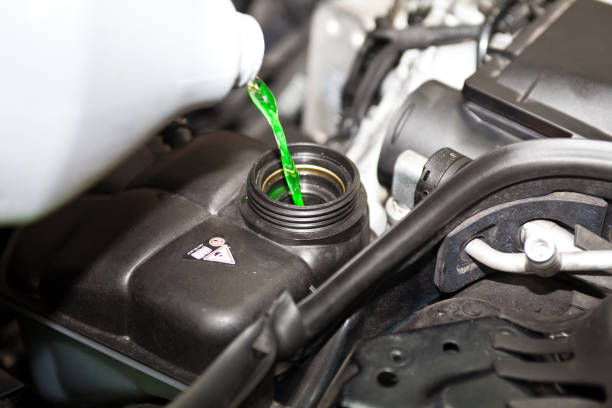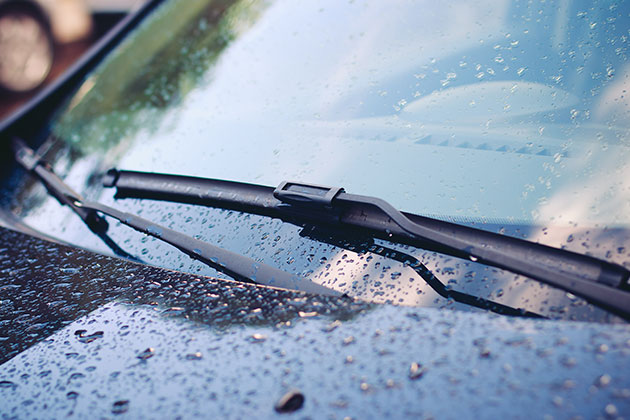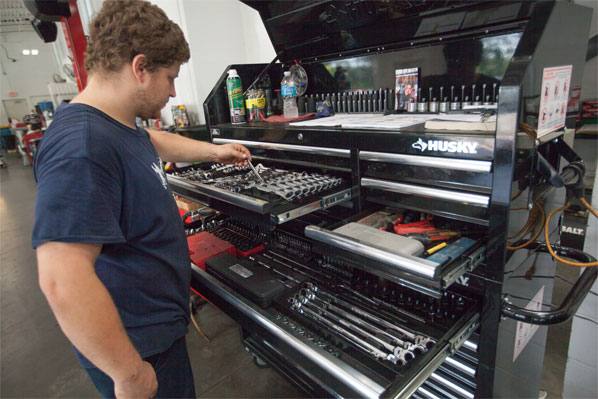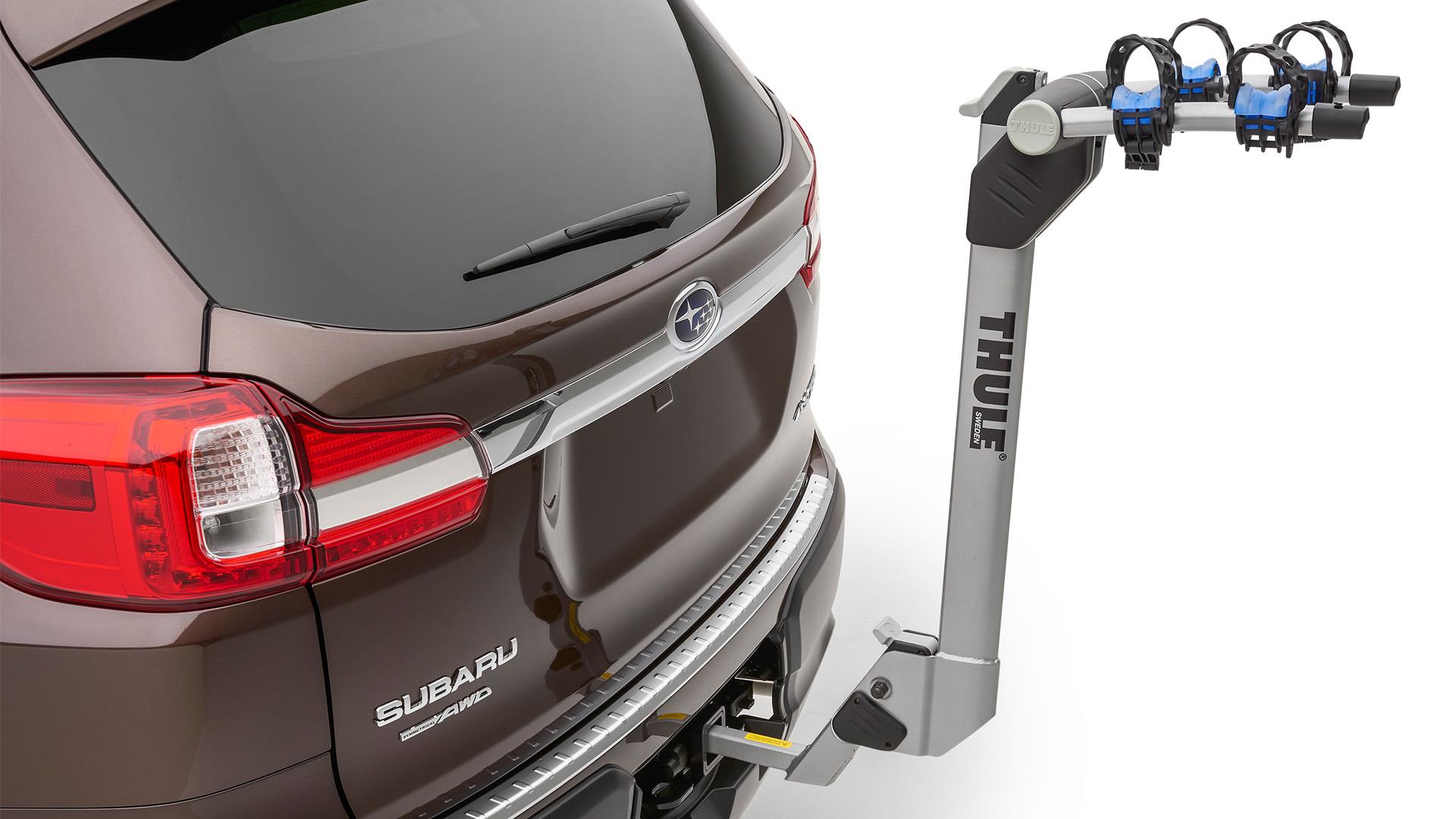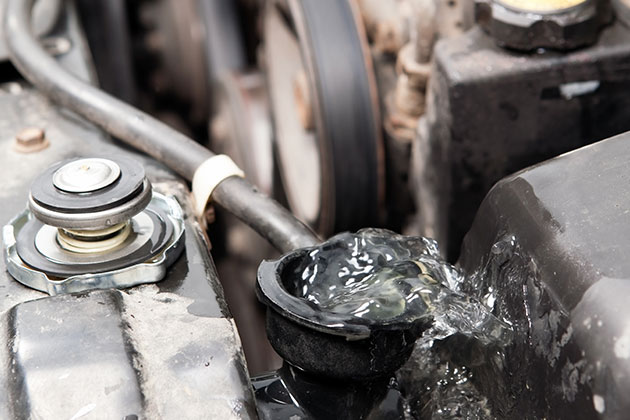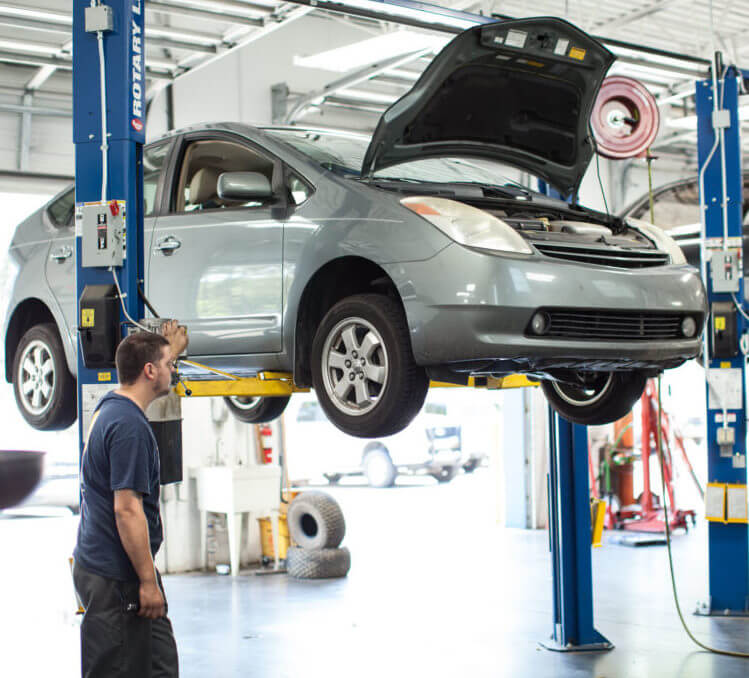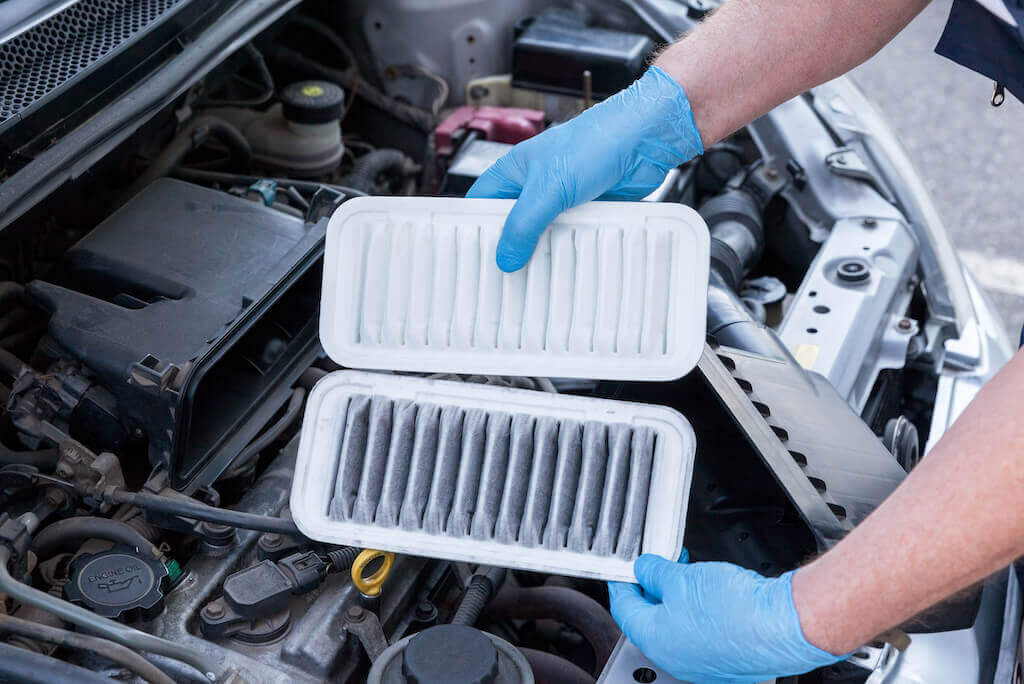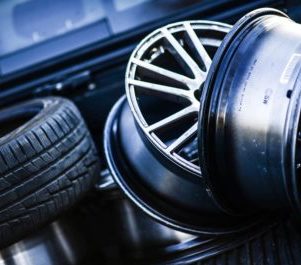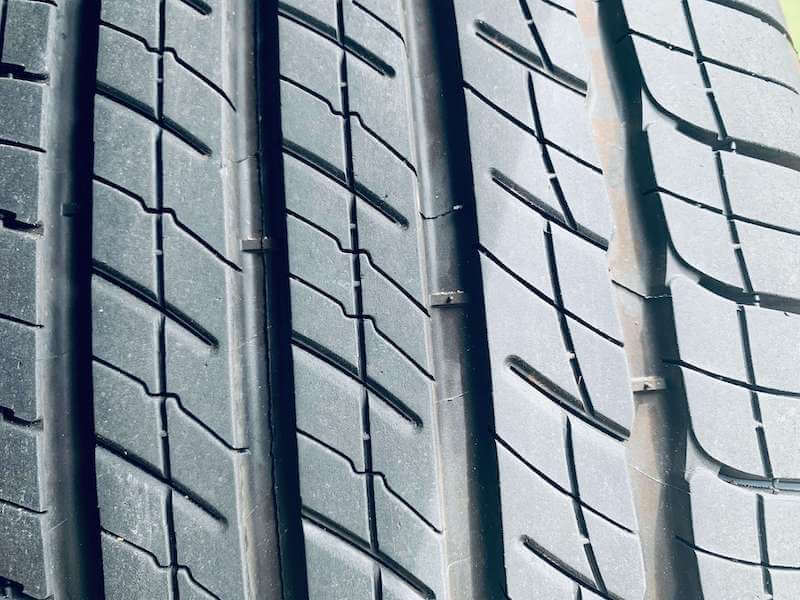It can be hard to keep up with all of the care that your vehicle needs. When a light comes on in your dashboard or a mechanic lets you know you are due for a new service, this can surface lots of questions. One common source of service confusion is the coolant flush. Thankfully, Chapel Hill Tire has you covered. Here is a look at the answers to all of your common coolant flush questions.
Is it Really Necessary to Flush Coolant?
Perhaps the most common question surrounding this service is, “Are coolant flushes really necessary?” The short answer is YES.
Your engine creates friction and heat in order to run properly. However, your engine is also made of metal pieces, which are malleable and vulnerable when heated. Extensive heat can cause a blown radiator, cracked gasket head, warped cylinder, and melted seals, among numerous other serious, dangerous, and expensive issues. To protect your engine from this heat, your radiator contains coolant that absorbs excess heat. Over time, your coolant will become worn out, burnt, and contaminated, causing it to lose its cooling properties. While you might not like hearing that you are due for an extra service, coolant flushes are necessary for a safe and healthy vehicle.
Does Coolant Matter During Cold Weather?
As we approach the fall and winter temperatures, you may become increasingly tempted to ignore coolant services. Does coolant matter in the cold weather? Yes—the friction and power of your engine generate heat year-round. While the summer temperatures certainly do intensify engine heating, coolant is still incredibly important in the winter. Additionally, coolant contains antifreeze, which will protect your engine from the dangers of cold temperatures.
What is the Difference Between Coolant and Radiator Fluid?
When reading your owner’s manual or various resources online, you might find “coolant” and “radiator fluid” terms used interchangeably. So are they the same thing? Yes! Radiator fluid and coolant are different names for the same material. You might also find it referenced as “radiator coolant,” which offers the best of both worlds.
Is Coolant the Same as Antifreeze?
Another common question that drivers ask—“Is antifreeze the same thing as coolant?” No, these two are not quite the same. Rather, coolant is the substance used to regulate the temperature of your engine. Antifreeze is the substance within your coolant that prevents freezing in the winter. You might find some sources that refer to coolant as providing cooling properties only; however, since the coolant often contains antifreeze, it has widely become a general term that encompasses both.
How Frequently Are Coolant Flushes Needed?
Generally speaking, a coolant flush is often needed every five years or 30,000-40,000 miles. However, coolant flush cadence can be impacted by your driving patterns, local climate, vehicle age, make, and model, as well as other factors. Consult your owner’s manual or a local professional for insight on whether or not you are due for a coolant flush.
Additionally, you can look for signs of a needed coolant flush. These include a sweet maple syrup car smell and vehicle engine overheating. Take a closer look at these and other signs of a needed coolant flush here.
How Much Does a Coolant Flush Cost?
Many mechanics try to hide their prices from customers, which can create questions, confusion, and unpleasant surprises. While we cannot speak for the costs you will face at other mechanic shops, Chapel Hill Tire offers transparent pricing for every coolant flush and other services. Our coolant flushes cost $161.80, which includes the safe disposal of your contaminated fluid, professional-grade cleaning of your cooling system to remove rust and sludge, high-quality new coolant, coolant conditioner to keep it preserved, and a visual inspection of your entire cooling system.
Chapel Hill Tire: Local Coolant Flush
When you are due for your next coolant flush, visit one of Chapel Hill Tire’s eight Triangle-area locations, including our mechanics in Raleigh, Durham, Carrboro, and Chapel Hill. Our professionals will help you drive happy by getting you in, out, and on your way with fresh coolant. Make your coolant flush appointment today to get started!
